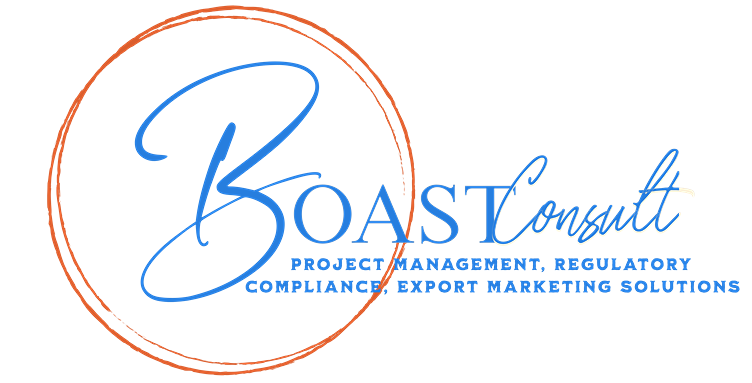
Continuous Improvement
WHAT ARE THESE SERVCES?
As a Lean Six Sigma practitioner, the primary role is to identify process improvement opportunities using Lean Six Sigma principles, requiring a deep understanding of process optimization methodologies.
Conducting data analysis and process mapping to identify bottlenecks and inefficiencies is a key responsibility, demanding strong analytical and problem-solving skills.
Facilitating cross-functional teams in implementing Lean Six Sigma methodologies requires excellent leadership and communication abilities. Driving Lean Six Sigma projects to achieve measurable improvements demands a results-oriented approach and project management skills.
Training and mentoring team members on Lean Six Sigma tools and techniques are essential for building a culture of continuous improvement. Developing and implementing standard operating procedures and best practices require attention to detail and a commitment to excellence.
Monitoring and tracking performance metrics to assess improvement initiatives is vital for measuring success and identifying areas for further improvement. Collaborating with stakeholders to sustain and embed a continuous improvement culture is essential for long-term success.
Conducting Lean Six Sigma training sessions and workshops requires strong presentation and facilitation skills. Staying updated on the latest Lean Six Sigma trends and practices is crucial for maintaining relevance and effectiveness in process improvement efforts.
